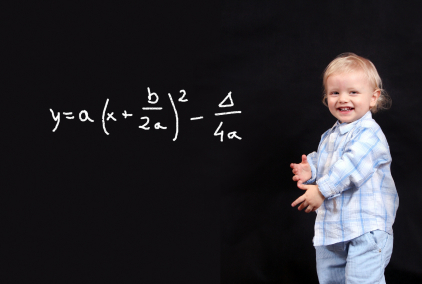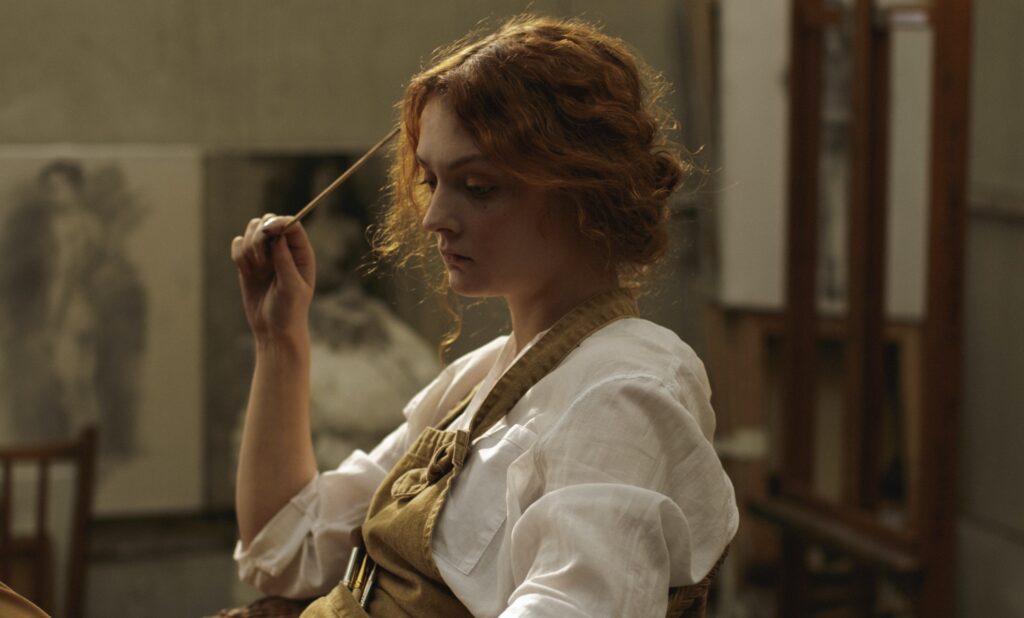Is it time for you to stop hiding and REALLY show up?

Is it time for you to stop hiding and REALLY show up? A few years ago, my husband at the time stood in his underwear in front of a full-length mirror in our townhouse. He took in his image slowly with a smile on his face. Finally, he announced “Looking good!” and after admiring himself for a little longer, walked away to finish getting dressed. I picked my chin up off the floor. He had certainly been a very handsome man in his youth and had aged into a good looking older man. As happens to all of us at some stage, though, time had taken its toll. His hair had thinned on top and sprouted elsewhere. His arms and legs weren’t as muscular as they had been. The six-pack was long gone and his midriff had expanded considerably. I was about to say something to him about needing a pair of glasses when it occurred to me that I was the one needing the glasses. He was looking at himself and seeing what was great while I was looking at him and noticing what was falling short. How often do we look at ourselves with the same critical eyes that I used when looking at my (now ex-) husband? How often do we see what’s missing physically rather than looking at the good bone structure that has stood the test of time, or the lovely eyes, smile or some other beautiful feature – we all have at least one. And more importantly, looking below the surface, how often do we criticise ourselves for not being good enough rather than focus on the wonderful qualities that make us who we are. Each one of us is amazing. We have possibilities beyond our imagining. The only limitation is the way we see ourselves and the benchmark we judge ourselves against. We often compare ourselves in our darkest and most insecure moments to the way others present themselves – putting their best foot forward as my mum used to say. The challenge is that when we see what’s missing or simply wrong about us, we hide and in doing so, we cut off our opportunity to make the unique contribution each of us is capable of, simply by showing up as we truly are. How can we move beyond that loud-mouthed critic that sits inside our head? Here are a few thought starters: Identify the qualities and capabilities we bring to what we do. If you find that difficult – and most of my clients do – ask someone else to tell you how they see you in that context. It has to be someone you trust or you may discount their feedback. Once you hear what they have to say, you don’t need to accept it as gospel truth. Just sit with it and see if their comments resonate. Find three positives for every negative thing you say about yourself to diffuse the impact of your inner critic. It will be a conscious act to start off with, then it will become second nature until the voice stops criticising you. Recognise that not one single person on this planet is perfect, regardless of how they show up. We all have a shadow side – that part of us we would rather remain out of sight. When we accept and take responsibility for those parts of us we ‘judge’ to be bad, we take away their strength to tip our world upside down. Others then experience us as grounded and complete rather than feeling they’re not getting the whole picture. Know that increasingly, people we work with and certainly customers want to see and interact with the real you, not some cardboard cut out of you. I’m not suggesting that it’s OK for you to lose your cool and treat others badly because that’s who you are. The truth is, that’s not who you are; not deep down. So find that person you may have buried behind the fear and let him or her out to play. In the immortal words of Oscar Wilde “Be yourself; everyone else is already taken.” Get in touch with your Why. What gets you out of bed and off to work in the morning? What legacy would you like to leave? What difference are you in a position to make? To figure out what your unique contribution can be, you need to claim your strengths, qualities, capabilities and successes. If you want 2017 to be a terrific year for you and those whose lives you touch, change your glasses and look for what is wonderful about you. It can feel challenging, granted. In the words of Marianne Williamson, “…Our deepest fear is that we are powerful beyond measure. It is our light, not our darkness that most frightens us.”. It’s time to shine because our willingness to shine gives others permission to do the same and we collectively lift the bar. May you shine brightly this year. If you’d would like to shine and contribute to lifting the bar, learn more about my free webclass.
Creativity brings out the Imposter Syndrome in us!

It hides in the shadow as we go through life, until it steps out and accosts us. I’m talking about the Imposter Syndrome – latent until triggered. Unknowingly, I’ve experienced Imposter Syndrome – the feeling of not being good enough or even feeling like a fake and fraud – most of my life. In my twenties, I created leather clothing, stained glass artifacts and photographic art on commission and to sell at Crafts fairs. I loved the creative process. I did not love the sales side. Even with commissioned work, I felt sheer panic when the person who had commissioned the piece saw it for the first time. What if they hated it?! That feeling was nothing compared to the sheer nakedness I felt when people walked by my table at the Arts Fair, totally avoiding eye contact, picking up and putting down items that I’d spent hours on and talking about them as if I wasn’t there. I learned the incredible discomfort of creativity. Was my work good enough? Could they see flaws? Had they seen someone else’s work that was so much better? Could I have done a much better job? Did they appreciate my style or consider me an amateur? Not terribly useful thoughts and as I learned over the intervening years, very typical for someone in a creative endeavour. I was experiencing what I have now come to know as the Imposter Syndrome. What activates the Imposter Syndrome is an external situation that triggers a feeling of vulnerability and personal uncertainty around our worth, our capabilities, our successes and how we compare with others. Nowhere is that uncertainty and vulnerability more present than when we put ourselves out there in some creative endeavour. It may be the job we do, such as writing, creating art, writing code as a programmer. It could be the tasks we’re involved with such as brainstorming, curating or writing for social media, participating in or leading change programmes, presenting or managing others. Whatever the situation, we are exposed by putting ourselves or our creative ideas out there for others to gauge their worth. And that’s when it strikes … that feeling of being a fake and fraud; the vulnerability that accompanies the fear of being judged and rejected. Looking back on my career in advertising, I now understand the creative team so much better. What I mistook for bolshie behaviour and arrogance may well have been their defensiveness as a relatively inexperienced account service person trampled all over their egos. Creativity is so much broader than sitting at a canvas or typewriter. It is the generation of original ideas or the use of imagination to create something; it’s about being inventive. For example, in management meetings, the creativity is around taking a project forward or addressing problems that threaten to derail it. Sadly, this isn’t always the case. A recent HBR Blog, “Politeness has a cost”, expresses concern that managers, particularly younger managers, often do not contribute in group settings. They don’t disagree or speak out for fear of embarrassing a colleague or appearing not to be a team player. I have another theory: they recognise the importance of meetings to position themselves for career opportunities and don’t want to jeopardise those opportunities by expressing a view that may be contrary to consensus, leaving them open for judgement and rejection. We can choose to play small when we experience feelings of not being good enough. Alternatively, we can move through that feeling, recognising it as a key part of the creative process. While the outcome is a product of our thoughts, insights, and industry, it needs to have a life of its own once created. We gave it birth and we now need to let it fly to whatever heights it can. After all, without creativity, we live in a drab world.
